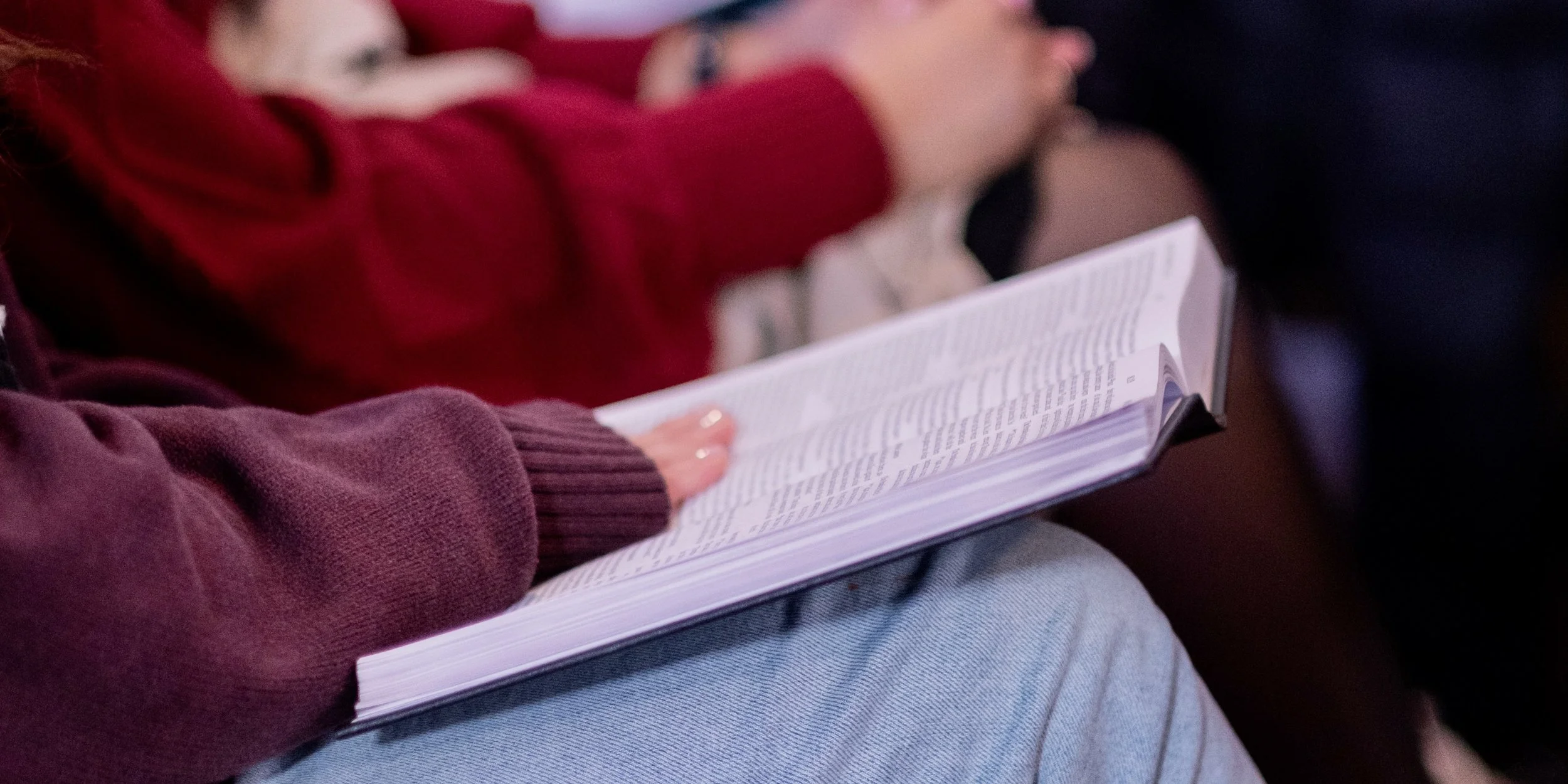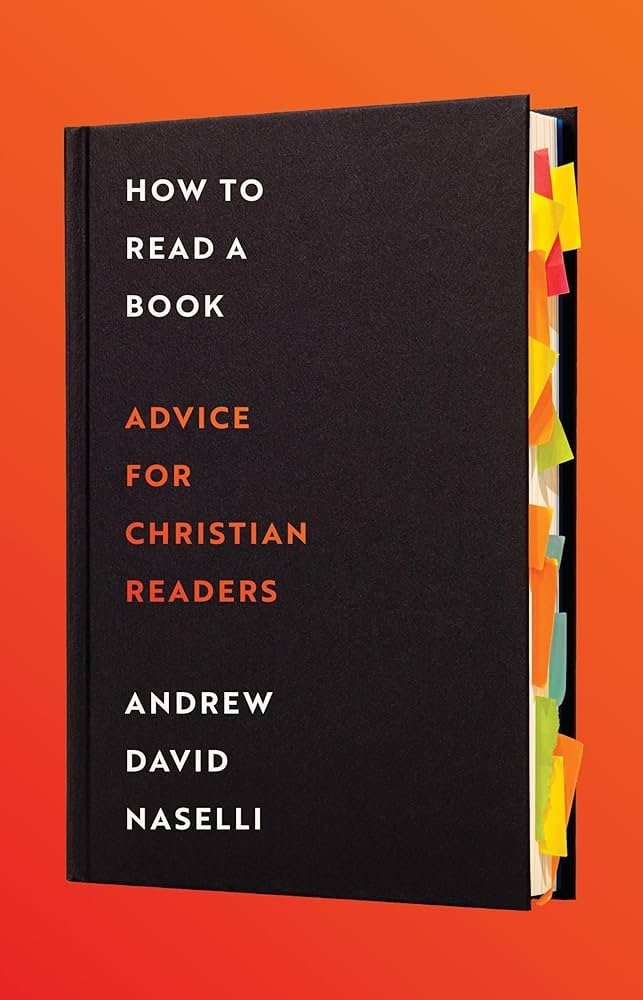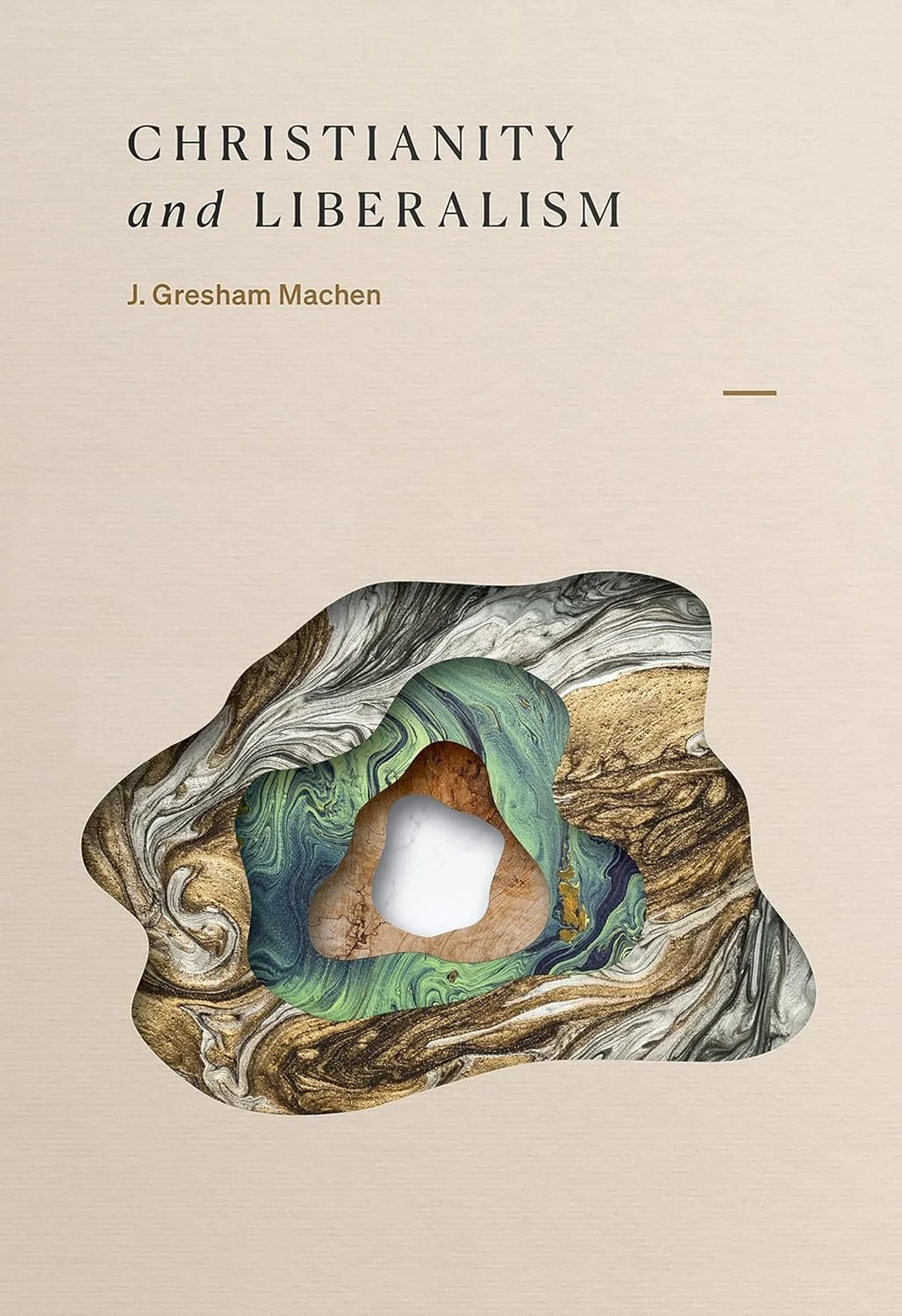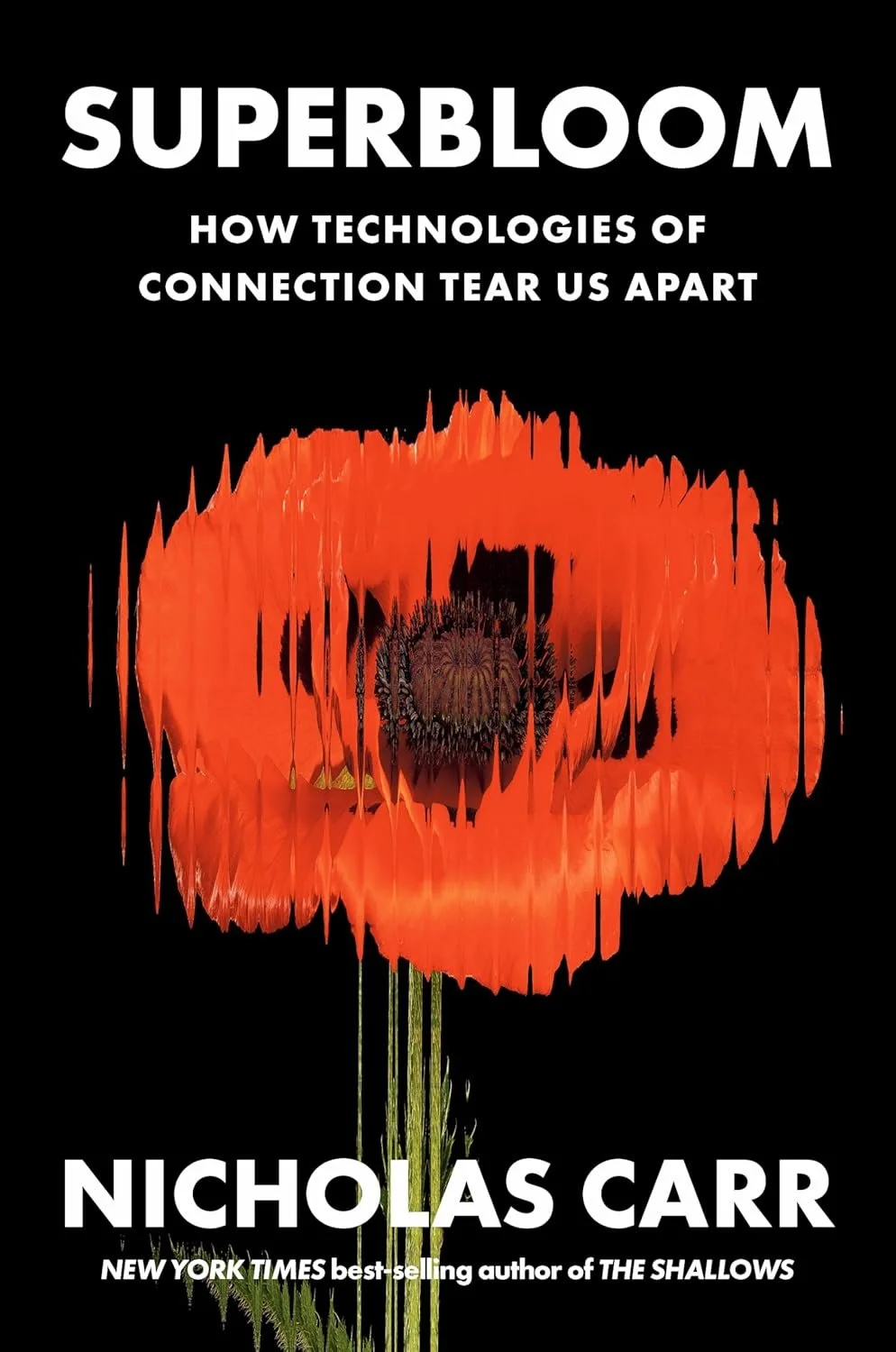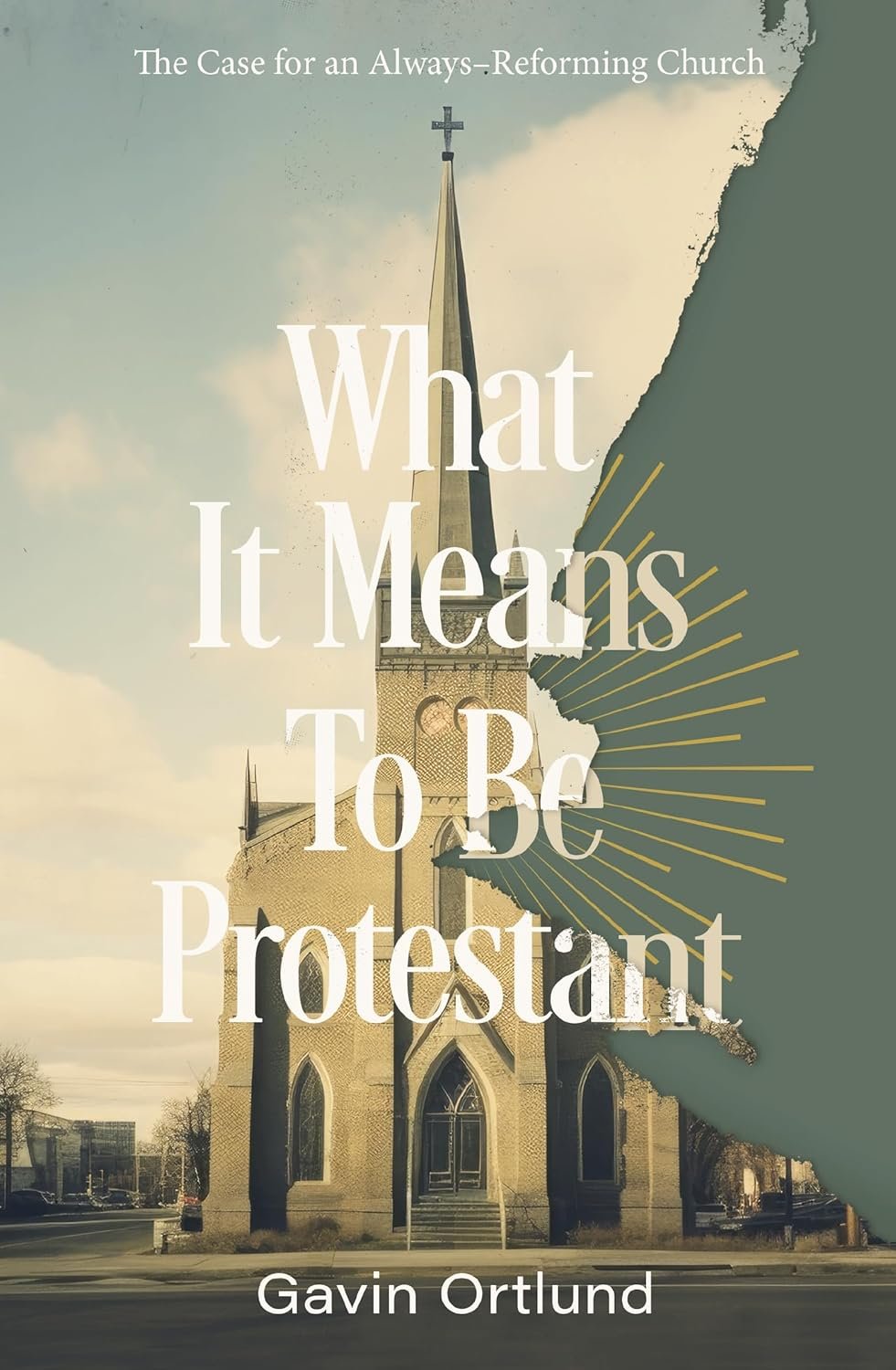How to Read a Book by Andrew Naselli. It is difficult to read well these days. Our minds have been conditioned to seek out distractions, which are readily available and highly compulsive. At the same time, I am convinced that no amount of articles or podcasts can come close to the importance of developing a habit of reading in order to develop depth and wisdom. And so, from time to time, I pick up books to help me remain inspired and motivated as a reader of books. As Ecclesiastes puts it, ‘If the iron is blunt, and one does not sharpen the edge, he must use more strength, but wisdom helps one to succeed.’ Naselli’s book is worth reading in order to sharpen the mental axe, and make you a better reader. It’s also full of great recommendations on books Naselli has enjoyed over the years.
Christianity and Liberalism by J. Gresham Machen. Published in 1923, this book remains extraordinarily important and insightful if you want to understand the problems afflicting the church in the West. Why did the denominations collapse over the course of this past century? Why are we constantly disagreeing with one another on issues of morality and culture? Why are so many churches hell-bent on disregarding the Bible on key issues? Machen understood the fundamental problem long before it ravaged the church, and his book remains as relevant today as when it was written. It goes straight to the heart of the matter, and shows how there are actually two different religions posing as Christianity – one that is authentic, the other that is not. I think every Christian should read this book (this was my third or fourth reading).
Superbloom by Nicholas Carr. Some years ago, I read Carr’s provocative book, The Shallows, all about how the internet is making us more stupid and less capable of deep and sustained thought. Anyone who grew up experiencing life on either side of the internet and smartphones (as I did) resonates with this diagnosis. You start to wonder, What happened to my ability to concentrate?! To me, it’s one of the greatest cultural and spiritual challenges facing us today. Carr’s latest book, Superbloom, is another brilliant assessment of the way technology is harming us, this time looking at its impact on communication and relationships. His book is a call to return to embodied relationships – something we, as Christians, passionately believe in and seek to embrace through our commitment to church and our love of neighbour.
What It Means to Be Protestant by Gavin Ortlund. It may have escaped your notice, but there is a powerful trend unfolding as many people are being drawn to the old denominations of Catholicism and Orthodoxy. In fact, these denominations are pumping out content in order to capitalise on this trend. The impulse has emerged out of an angst and a search for rootedness and tradition in a world that is being stripped of culture, and turned into a mass-entertainment, mass-consumer, two-dimensional desert. How should we react to this trend? On the one hand, I resonate with the basic urge: our world does indeed need to look backwards to what is ancient in order to find truth and meaning. At the same time, I’m deeply concerned about the fashionable drift towards Catholicism and Orthodoxy, as though we Protestants do not have a more ancient and more stable foundation in Scripture. Ortlund does an incredible job of showing the beauty of Protestantism over against Catholicism and Orthodoxy, all the while speaking in a gracious and generous tone.
The Wager by David Grann. This is a breathtaking account of an almost unbelievable true story. The Wager was shipwrecked in the mid-18th century whilst attempting to sail around Cape Horn (at the tip of South America). Grann has achieved something extraordinary in being able to piece together the characters and events involved in this tale, giving plenty of detail and texture to make it all come to life. It reads with the pace of a novel, unfolding this shocking account, whilst also giving eye-opening insights into the reality of life on an old sailing ship. There are lessons in leadership and loyalty, but most of all, it’s just a brilliant read. A perfect Christmas gift for your bookworm friends.

